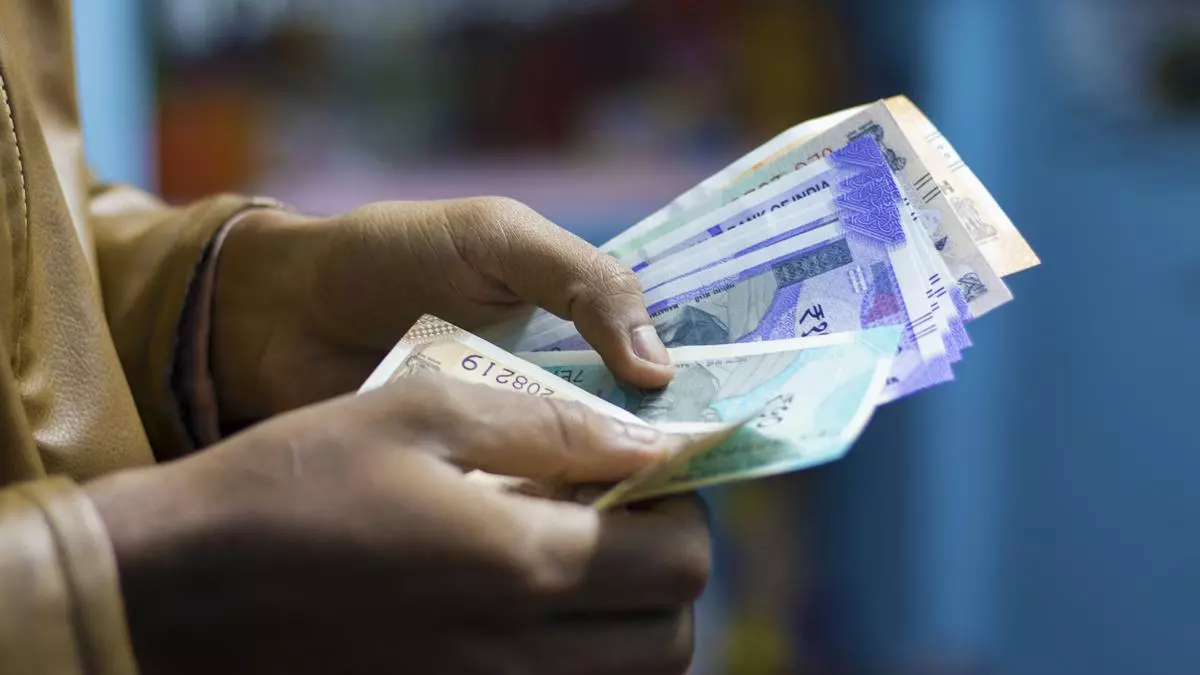Bangladeshi banks plan India rupee transactions as reserves fall
Bankan Bangladesh plans to introduce business transactions denominated in Indian rupees The South Asian country is looking to shore up foreign exchange reserves and reduce dependence on the dollar.
Eastern Bank, which has opened accounts in rupees with State Bank of India and ICICI Bank, will announce its rupee trading scheme on July 11. Another Bangladeshi lender offering the same service is the state-run Sonali Bank.
Use these lenders to Indian rupees Part of an emerging global movement to rely less on the dollar. The use of local and regional currencies can help developing countries protect foreign exchange reserves in times of crisis.
bilateral trade
Use of Indian rupees India – Bangladesh Trade provides a convenient and cost-effective mechanism for conducting cross-border transactions, Alireza Iftikhar, managing director of Eastern Bank, said in an interview on Thursday. “It will reduce the cost of exchange and the cost of doing business.”
Bangladesh imported $14 billion worth of goods from India, the second largest supplier after China, in the 2021-22 fiscal year. Only $2 billion worth of goods were exported to India from Bangladesh in the same period.
Also read: The RBI Commission is drawing up a multi-pronged plan for the internationalization of the rupee
Part of the bilateral trade, particularly Bangladesh’s imports from India, is expected to flow through these banking transactions.
“On the first day, I don’t expect the trade to reach $15 billion, but we will start in a very modest way,” said Iftekhar. “For the business, the exchange loss will be less and the terms can be faster.”
saving dollars
Bangladesh’s reserves fell to $31.16 billion on July 5 from $41.88 billion a year earlier. The South Asian country has moved to a more market-determined exchange rate to stabilize reserves.
The Bangladesh central bank plans to launch a taka and rupee debit card in September in order to save dollars as foreign exchange reserves run low. Bangladeshis will be allowed to spend rupees equivalent to $12,000 annually in India under the travel quota.
Governor Abdul Rauf Talukder said last month that the introduction of the card is expected to eliminate double currency conversion, reducing the loss by 6 percent.
